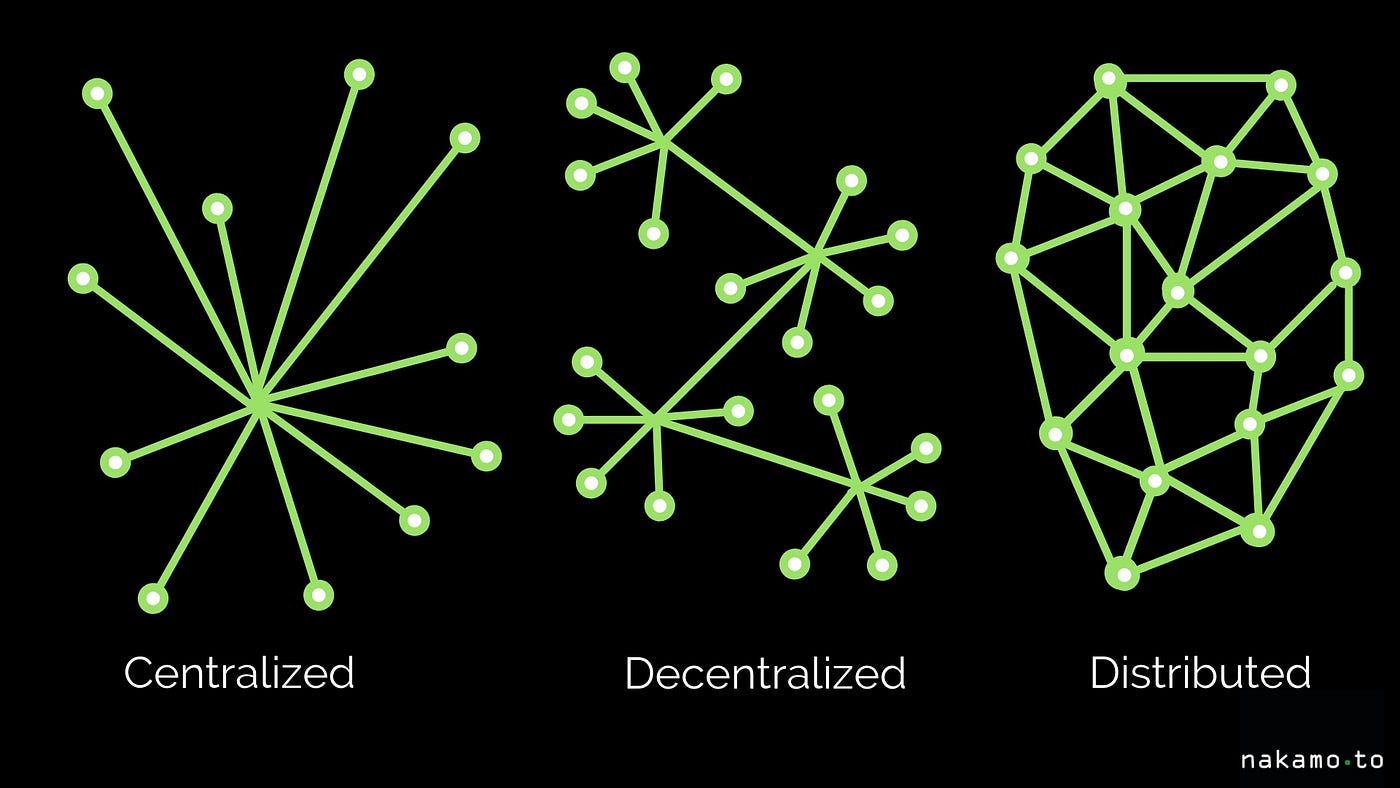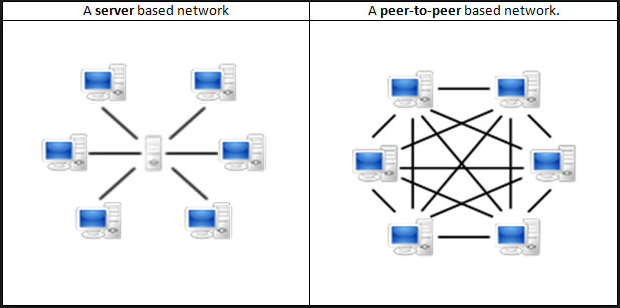If you've ever tried running your own Ethereum node, you know it's a special kind of hell. Initial sync takes 2-3 days minimum, storage requirements are somewhere north of 1TB+ for a full node (could be more by now), and it'll randomly fall out of sync during high network activity. Our staging environment went down because the WebSocket connection dropped and we didn't have retry logic - classic fucking mistake. Plus I think it was Geth 1.13.0 or maybe 1.12-something that had this weird bug where valid transactions would just get rejected during high gas periods. Still not sure if that was a node issue or just the network being fucked.
Alchemy handles the node infrastructure so you don't have to deal with that nightmare. It's basically managed blockchain access - you get JSON-RPC endpoints that actually work reliably instead of randomly deciding to hate you.
What You Get Instead of Node Headaches
The basic deal is simple: instead of running geth or erigon on your own servers (and dealing with 1TB+ storage requirements that somehow always fill up your disk at 3am on weekends), you point your app to Alchemy's endpoints. Your web3.js or ethers.js calls work exactly the same, just way more reliable.
Free tier gets you 30M compute units monthly, which covers most development work. Production apps burn through CUs faster - enhanced APIs like NFT data cost more but save you from building your own indexer.


Networks That Actually Matter
Supports the chains people actually use in production:
- Ethereum mainnet - obviously, plus Sepolia testnet for testing
- Layer 2s - Arbitrum, Optimism, Base, Polygon
- Alt L1s - Solana (different pricing model), Avalanche, BSC
Real apps like OpenSea and Uniswap run on this stuff - assuming they're still around when you read this. When Uniswap needs 99.99% uptime for billions in trading volume, they're not running their own nodes that randomly corrupt their state database and spend weekends resyncing from genesis.
Most NFT sites are just React apps calling Alchemy APIs. Frontend hits the APIs, APIs hit Alchemy, Alchemy hits the blockchain. Pretty straightforward setup that keeps the complexity buried where users don't have to deal with it.
The Hidden Costs They Don't Mention
Enhanced APIs are powerful but expensive. Basic RPC is cheap - eth_blockNumber costs 10 CUs. But alchemy_getTokenBalances can cost 100+ CUs per call. Those NFT APIs that save you months of indexing work? They'll eat your budget if you're not careful.
Free tier sounds generous until you hit real traffic. Enhanced APIs blow through CUs fast. Budget a couple hundred a month once you scale.
The status page shows occasional outages, usually under 15 minutes. Still way better than maintaining nodes yourself, but build retry logic anyway.
Once you understand these basics, the real question becomes how Alchemy stacks up against the competition and what you'll actually pay in production.

